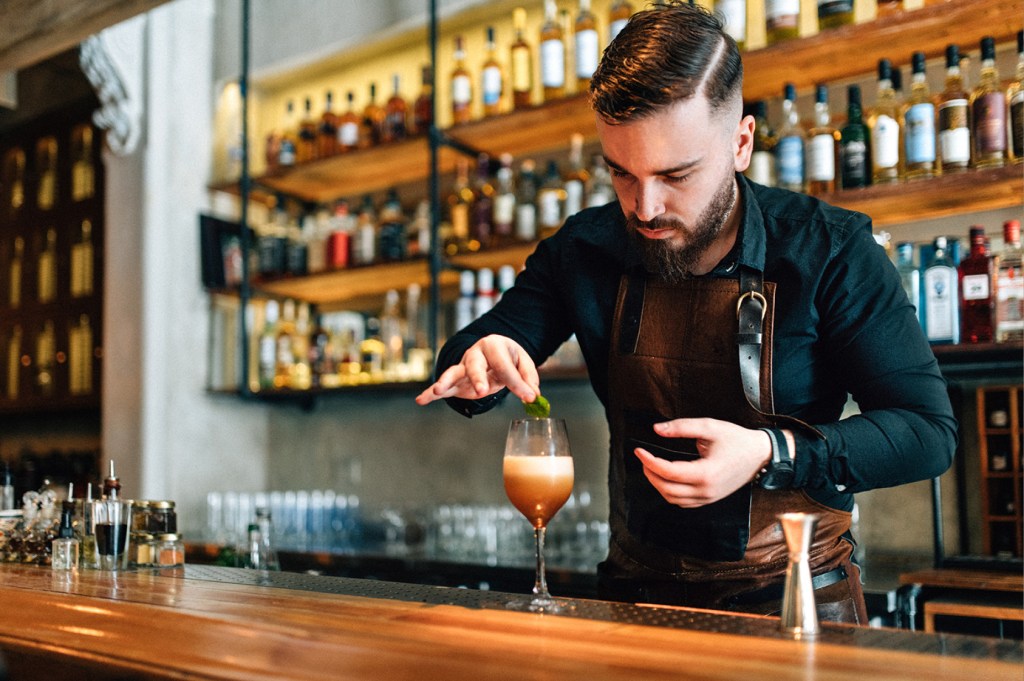A season of optimism and cautious spending
It’s the best of times but also the worst of times for South African consumers this festive season as they grapple with their desire to save money but still spoil their loved ones at this special time of year. This is a standout observation from the NIQ Holiday Outlook Report for 2023, which uses online data from consumers across 23 markets, including South Africa, as part of NIQ’s Consumer Outlook research. The sampled respondents included those who frequently make purchase decisions on behalf of households.
NIQ Global Director of Thought Leadership Lauren Fernandes explains, “As consumers grapple with the challenges of rising costs of living, their holiday spending habits are shifting. Retailers and CPG companies have a mixed bag of selective optimism and calculated spending to deal with, but the right data can guide consumers to make the most of the upcoming holiday season.”
In the South African context, a significant 42% of consumers expressed being worse off compared to the preceding year. Post COVID-19, half of the population has understandably experienced a shift in perspective, with 47% acknowledging that experiences now hold more value than possessions. Furthermore, 81% have altered their core values, anticipating a significant to moderate impact on future buying behavior.
Fernandes elaborates: “Now, more than ever, consumers are diversifying their spending channels and strategically considering factors beyond product price. They are delving into a comprehensive evaluation, contemplating the convenience of at-home shipping, servings per item, shelf life, guarantees of pre-purchased gifts, and the expected quality of certain brands.”
Amidst these changes, 73% of South African consumers are planning to spend less or the same on their holiday celebrations. To achieve this, they plan to adopt various measures to economize on monthly household budgets, even during the forthcoming holiday season.
In line with this, the NIQ report identified key trends currently shaping holiday planning strategies, including:
- Celebrating through the Inflation Long Haul: Dispelling notions of inflation stagnation, consumers are scrutinizing their holiday spending in the face of persistently high prices. South African shopper strategies include using loyalty points to purchase gifts, buying less food, or sticking to a budget, attending fewer gatherings or celebrations, and spending less by taking advantage of shopping on special sales days ahead of time.
- Festive Pressures on Private Label: The impending festive season promises a fierce branding showdown as consumers weigh the appeal of name brands against emerging private label options. A strategic watch-out is issued against underestimating the holiday power of private labels.
Holiday Hotspots of Consumer Resilience
Despite external pressures, consumers are strategically allocating their holiday spending budgets, finding comfort in practical and purposeful choices. This has created some interesting phenomena:
- Doomerism: Consumers may carry a disbelief in the possibilities ahead and embody a mindset of expecting and continually preparing themselves for “the worst” that will result in limited year end spending
- Stuffocation: A change in thinking towards value-driven consumption marks the end of mass consumerism. South Africans particularly resonate with the concept of “less is more,” with 69% stating they will only buy what they’ll use to avoid waste.
- Escapism: Seeking distraction and momentary happiness may drive hedonistic consumption. However, a season of “calculated spending” is also home to a concentrated group of consumers who are planning to increase celebratory spending while strategically managing overall holiday expenditures.
A ‘less is more’ mentality
Overall, these trends underscore the evolving landscape of consumer behavior, characterized by a less-is-more mentality and a focus on value-driven choices that will undoubtedly shape the upcoming holiday season.
Against this backdrop, NIQ predicts interesting shifts in consumer behavior including earlier holiday preparations, evolving attitudes toward gifting, considerations of life milestones, and a heightened awareness of waste accumulation in response to the current financial constraints. In the face of this, CPG companies must remain agile, adapt to changing consumer preferences, and strategically position themselves to make the most of this dynamic environment.




